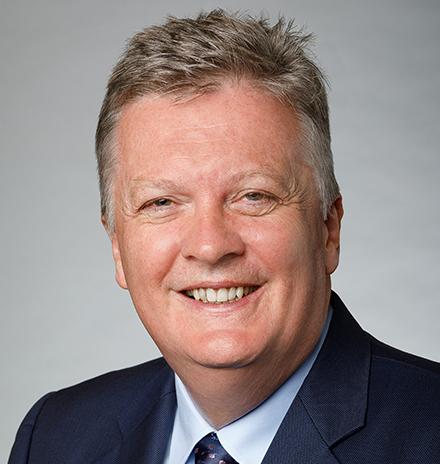Huw Pill succeeds Andy Haldane as Bank of England’s chief economist

The Bank of England has appointed Huw Pill as its new chief economist, ending a prolonged search for Andy Haldane’s successor, it announced today.
Pill joins the Bank of England from Harvard Business School, where he has been a senior lecturer since 2018. Prior to teaching, he was Goldman Sachs’ chief European economist and has held a series of senior posts at the European Central Bank.
Pill has worked for the Bank before as an economist between 1990-92.
He will also join the Bank’s monetary policy committee and has been given the role of executive director of monetary analysis. He will begin his new role at the Bank on 6 September.
The announcement ends months of speculation over who would take the reins from Andy Haldane, who spent seven years as the Old Lady’s chief economist.
Haldane left to head up the Royal Society for Arts in June, a position he starts this month.
Huw Pill said: “It is a great privilege to rejoin the Bank and have the opportunity to contribute to the work of the MPC and the Bank more broadly at what remains a challenging time for monetary policy and central banking.”
Andrew Bailey, governor of the Bank of England, said: “Huw will make a major contribution to monetary policy – and to the broader work of the Bank. I greatly look forward to working with him.”
Pill gained an undergraduate degree from the University of Oxford in 1989, before earning his doctorate in economics from Stanford University six years later.
He has co-authored numerous research papers focusing on topics such as monetary policy, exchange rates and the globalisaiton of the finance industry.
Pill will report to the deputy governor for monetary policy, Ben Broadbent.
The Bank of England is set to announce the conclusion from the latest round of talks between the MPC on 23 September, the first set of meetings that will include Pill as the central bank’s chief economist.
Policy stance
Pill has produced several papers and op-eds in the past which indicates he comes down on the hawkish side of monetary policy.
Writing for Goldman in 2016, whilst he was the bank’s chief European economist, he argued that central banks have less wiggle room to use conventional monetary policy levers to support the global economy in times of crisis due to the long-term trend of falling interest rates since the financial crisis.
“With interest rates at very low levels and the adverse side effects of unconventional measures becoming evident, now, should the economy falter, the scope for further monetary easing appears limited,” Pill wrote.
He has also criticised central banks’ decision to expand their presence in fields beyond monetary policy – citing Mark Carney’s involvement during the Brexit and Scottish Independence campaigns – a similar line reiterated by former governor of the Bank of England Mervyn King.